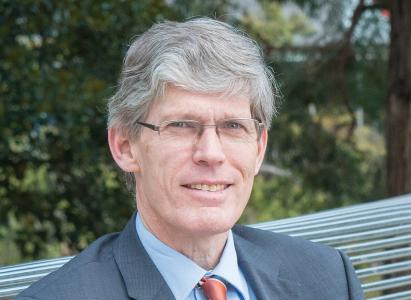Familiar ingredients make Afghan Food Guide easy to swallow
Diet recommendations can include unfamiliar foods and preparations. A digital handbook created by Priyasha Maharjan, doctor of global health leadership and practice student, and fellow UW School of Public Health graduate student Norma Garfias Avila, hopes to begin solving this problem. The Afghan Food Guide is a nutritional resource created for the Afghan community and their health care providers in the U.S. It shows the nutritional values of foods, balanced meals and portion sizes while using dishes and cultural examples familiar to Afghan people.

